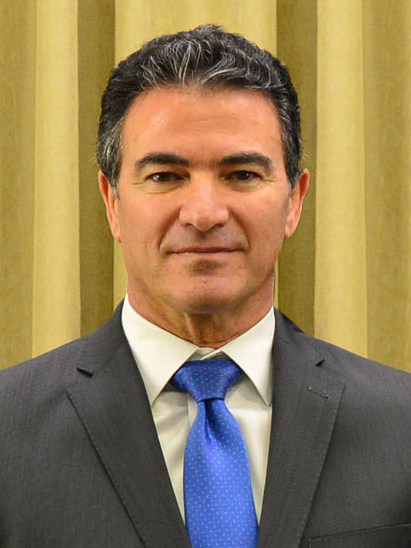
By Simcha Abir
US President Joe Biden has met Mossad head Yossi Cohen at the White House for talks about Iran.
Cohen is the first top Israeli official to hold talks with Biden since his inauguration.
During the Washington visit, Cohen also met US Secretary of State Antony Blinken, senior CIA members and American intelligence agencies.
Cohen’s meeting came in the midst of JCPOA 2015 nuclear deal talks in Vienna between world powers. Former US President Donald Trump left the accord in 2018. A deal is anticipated but Israel is wary.
“We’ve seen willingness of all sides, including the Iranians, to talk seriously about sanctions relief restrictions and a pathway back into the JCPOA,” US National Security Advisor Jake Sullivan said. “But it is still uncertain as to whether this will culminate in a deal in Vienna.”
British, French and German diplomats said critical matters remained before an agreement can be reached.
Officials are hopeful a resolution may be in place later this month when Iran’s agreement with the UN International Atomic Energy Agency on inspections of nuclear sites ends.
Israel and the US agreed to establish a joint committee to study the threat from Iran before the Washington meetings last month.
Sullivan and Israeli counterpart Meir Ben-Shabbat met. Maj. Gen. Tamir Heyman and Maj. Gen. Tal Kalman also held talks with CIA director William Burns and US Army deputy chief of staff for intelligence, Lt. Gen. Laura Potter.
Israeli delegation’s visited Washington to discuss Iran and the US-Israeli military/intelligence relationship. US officials stressed Biden’s “unwavering support” for Israel’s right to defend, but Israeli leaders have expressed reservations.
In related news, top Biden administration officials from the National Security Council and State Department have held meetings in Abu Dhabi, Riyadh, Amman and Cairo to boost “political, economic, cultural and security ties” with Gulf partners.
European intelligence agencies, meantime, have issued reports in recent weeks illustrating Iranian attempts to obtain technology for its nuclear weapons programme last year.
Netherland’s General Intelligence and Security Service (AIVD) outlined multiple acquisition attempts by Iran to obtain knowledge and materials but had been able to “frustrate” efforts.
Sweden’s Security Service issued a report that Tehran had attempted to acquire Swedish technology whilst Iran had conducted “industrial espionage” against the Swedish hi-tech industry.
The Bavarian state intelligence agency in Germany also noted Iranian efforts to expand its “conventional arsenal” through the “production or modernisation” of weapons of mass destruction.
All reports refute Iran’s Supreme Leader Ali Khamenei comments regarding nuclear weapons.









